One offs

I woke up this morning to darkness & rain. "It's like a warmup for winter," I said to my wife. She gave me a somber nod.
Summer is winding down. Kids are back at school. Pokemon season is kicking off. I've had some things burning up in my queue to share with you. This month's links are a collection of things that have been living rent free in my head. Most of them have been simmering for a few weeks, maybe even a couple months. They made me think thoughts, so I'm sharing them with you - the links and the thoughts both.
Bless their indie hearts
OK...this first one hasn't been simmering, because Silksong just released last week, but I have a lot of love for the little indie game that could, releasing and crashing pretty much every online store all at once.
@yonsidelucas Team cherry is the best dev studio #silksong #hollowknight #game #funny #fyp
♬ original sound - Lucas
If you don't know the story the game is Hollow Knight Silksong, and I suspect the mythology that has built up around it is going to fuel a lot of indie game devs to keep going with their passion projects. Silksong is a sequel that was 7 years in the making because - unlike most big AAA video games - it was entirely developed by a 3 person team who had no pressure to speed it to market. By maintaining their independence, they also got to determine pricing - and in this market where big, anticipated titles are selling for $60 and up, they released for $20...for the whole game...no premium upsells after the fact or battle passes or other hidden charges. (The game itself isn't really my cup of tea, but I love everything about the way the developers made it)
A nerdy digression about something familiar
Over the past few months, I've been slowly working my way through the book Homo Ludens - which is a very scholarly anthropological examination of the cultural dimensions of play. I'm super into it, but I'm not giving it a full throated recommendation unless you read this newsletter and feel like you've found another member of your nerd tribe.
Regardless, one of the area that Huygens focuses on in defining the human cultural element of play is the circle that demarcates the space of play, and the way that we know that we have permission to take on a different persona when we enter into that circle.
Also over the past few months, our family has been enjoying discovering - very late, yes - the delights of the Great British Bake Off. And when I see that white tent and the bakers approaching it, now it makes me think of Homo Ludens.
So I was the perfect audience for this recent New Yorker article about the "play within the play" that the show has constructed.

In which I pass many hours that I will never get back
Also over the past few months I got sucked into watching this one Balatro streamer. I blame the children, who discovered him first. I'm not sure what it is about the game that makes it impossible for me to pull myself away from multi-hour videos...but one tangential benefit is that I have become a much better Balatro player from watching Roffle, because that's an important thing in life...
Same wavelength
This is a quick one...but there's this interesting dynamic happening at the moment where everyone rushes to the frontier model LLMs when they release, even though for a lot of what they're using the LLM for the older model works perfectly well. I've been thinking a lot about what we can design using the good enough model. Anyway, I really liked Robin Sloan's reflection on the funeral for an old model, but my gosh the shelf life of these things seems unnecessarily short. I'd be more curious about acquiring a model that's being put out to pasture if it wasn't for the fact that there are so many open models coming out that are compact enough that a person could conceivably self host.

On the flip side of the AI discourse
I think Audrey Watters is the most original thinker in the world of education because of her willingness to call out the underlying logic of the privatization and corporate takeover of what was once a public service. I find myself disagreeing with her a lot as well, and sometimes just feeling a bit uncomfortable about my own position. She's vehemently anti-AI in education, but I am on the same page with so much of what she is in favor of. I'm going to caveat this link by telling you that it's paywalled - only for her paid subscribers - but there's a sentiment in it that I'm going to quote because it stuck with me so deeply:
...
But perhaps it's time to do something different. Instead of expanding surveillance and fetishizing scale, we move the other way, we retreat to “small," we privilege the humanities rather than the computational, the statistical, we ask a student directly “how are you?” rather than inferring such things from their clicks, their gaze, their data trail.
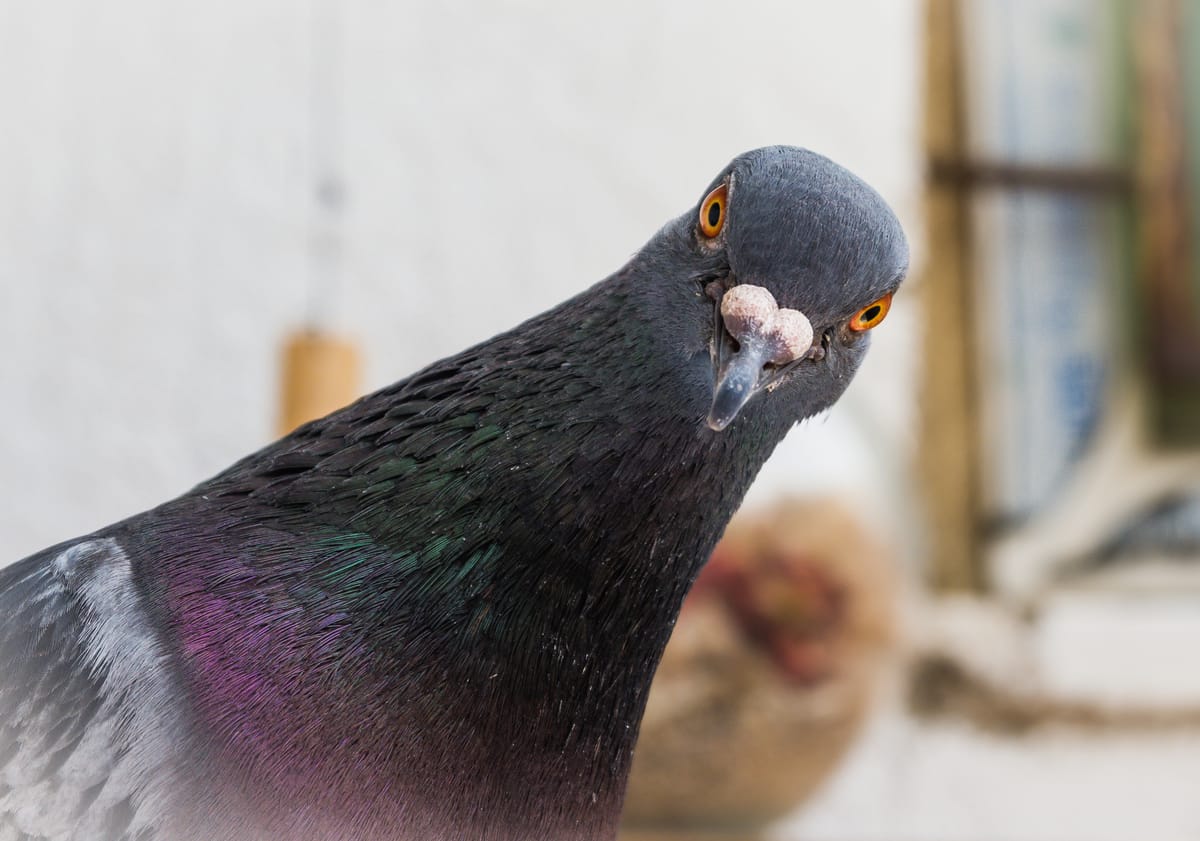
This idea that in education we've accepted "quantitative data collection and analysis" as a good enough substitute for the holistic knowing of a person is so important. Mostly because it doesn't have to be that way. The premise that we can develop young people best when we put them in an environment where they are deeply known is spot on. The premise that the way to deeply know is through a testing regiment is dubious.
That idea pairs nicely with Sam Chaltain's recent write up of a Reggio Emilia inspired school in Washington DC. Reggio's methods run so counter to Wood & Thorndike, but the sense of seeing & understanding the whole person in Reggio is so much thicker than anything I've ever seen in a more quantitatively-oriented environment. This kind of approach gives me hope (and, BTW, I don't think is incompatible with artificial intelligence, though it is hard to square with the drive for standardization & corporatization):
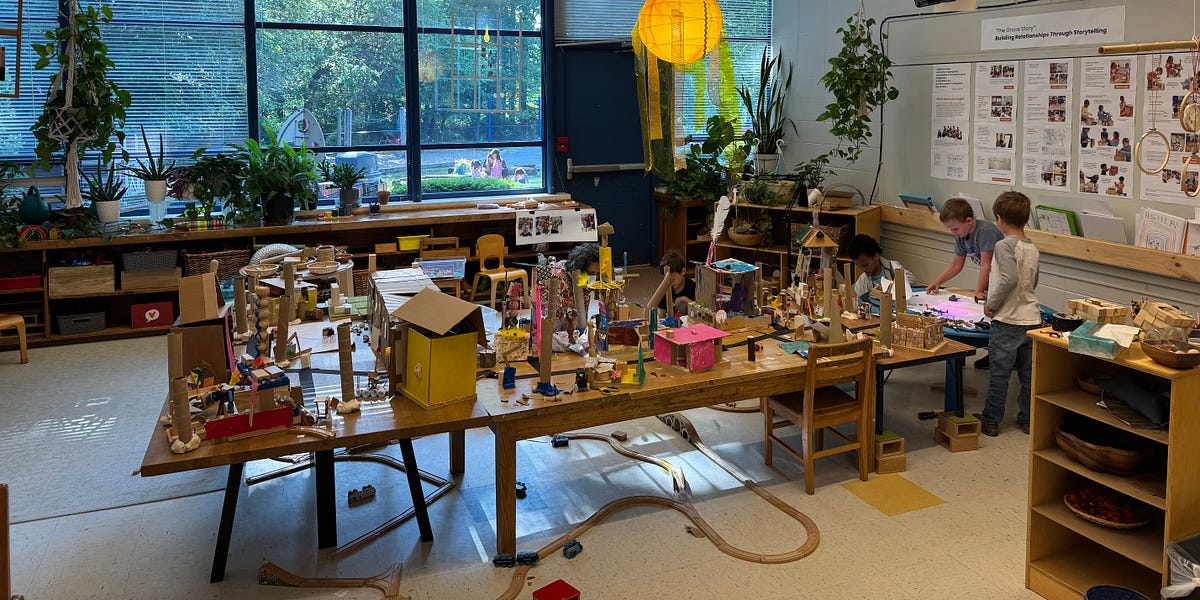
The heavy stuff
If you've come this far (or if you're a masochist who scanned until you saw this section header), then let's go down a rabbit hole I don't often go down too explicitly...this has long been a newsletter about creativity & play. I haven't written much about what's happening in Gaza or Ukraine, and I've maybe made a couple passing references to the authoritarian takeover of the US and the anti-immigrant populism sweeping through Europe.
It's not because this newsletter isn't political, because at the end of the day everything is political.
Alexander Chee writes so beautifully about the agony of writing during what feels like an existential crisis in the world, and his call back to ACT NOW really struck me as an example of when overt political communication can be subversive and catalytic.

My political project here isn't exactly partisan or tied up in specific contemporary issues. I find that I can write at a time like this because I believe that pursuing curiosity, joy, wonder, and beauty are things that humanize us in a way that acts against our worst desires & inclinations and connect us together.
So I'll leave you this week with Craig Mod writing about encountering a man who was very into his model train set. It's a good one.





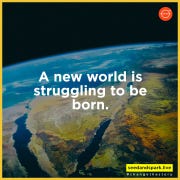
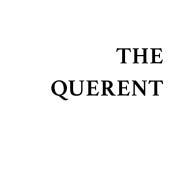

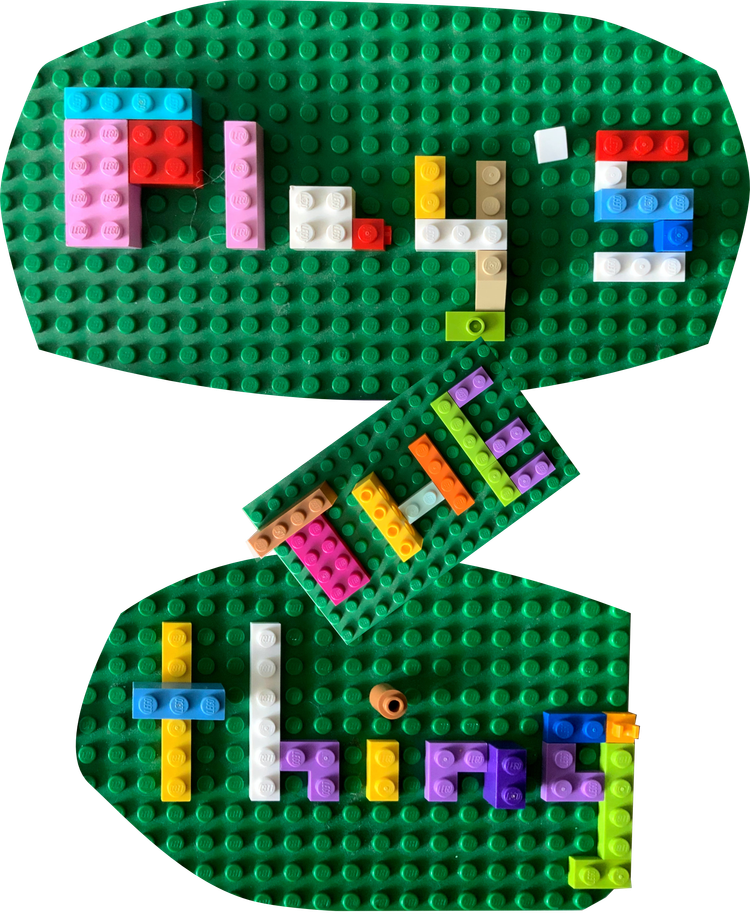
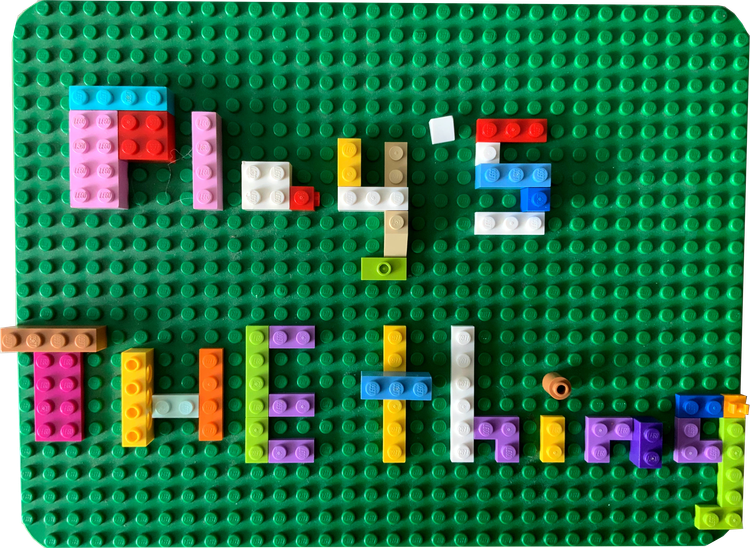
Member discussion